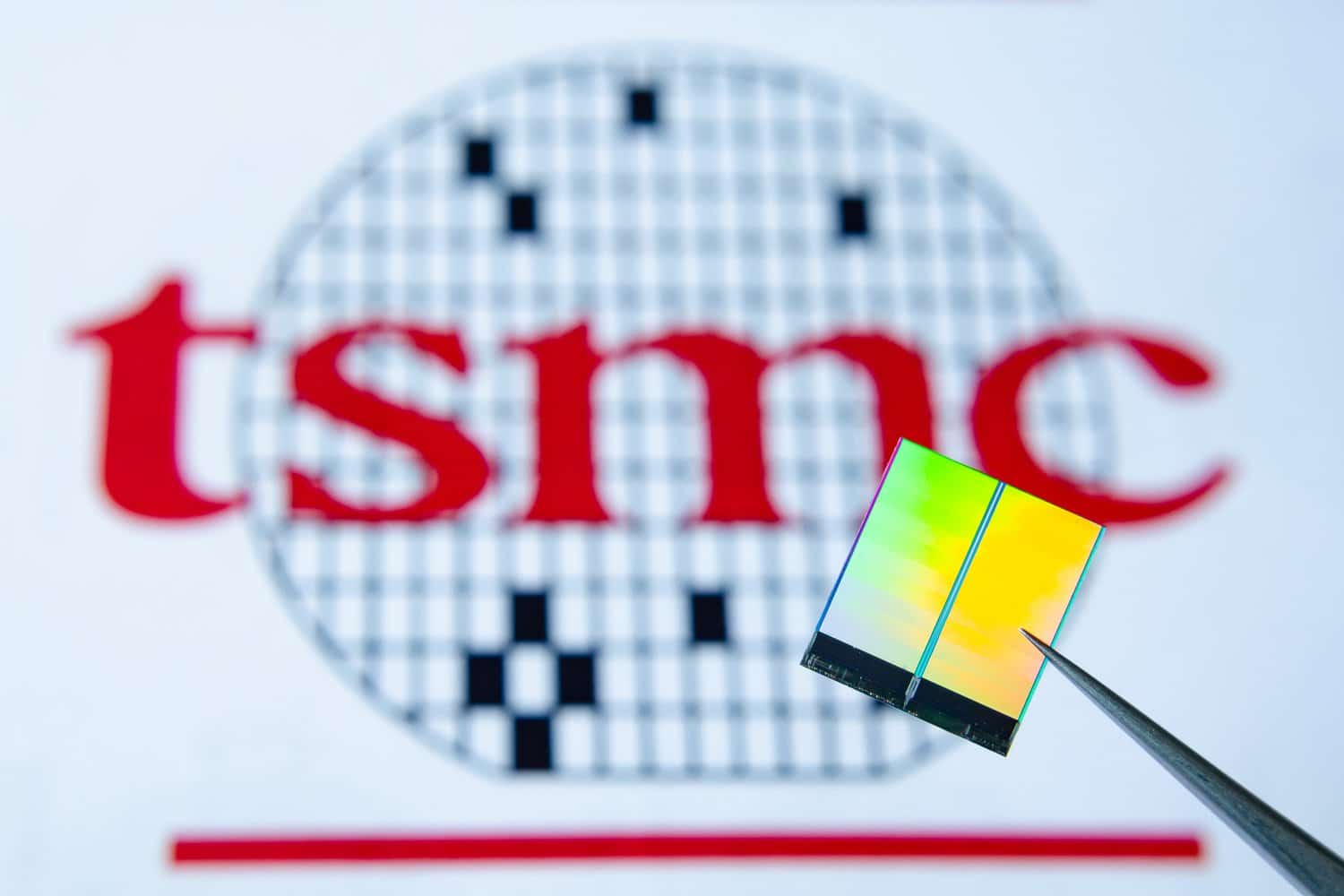Taiwan Semiconductor Manufacturing Company (TSMC) is in talks to invest 11 billion dollars (10 billion euros) in the construction of a chip factory in Germany. Sources familiar with the matter told Bloomberg that the planned investment between TSMC, NXP Semiconductors NV, Robert Bosch GmbH and Infineon Technologies AG will be accompanied by government subsidies and have a budget of 7 billion euros, though the total investment could be closer to 10 billion euros. TSMC spokeswoman Nina Kao confirmed that the company is still evaluating the possibility of building a European factory, but did not provide further details.
In 2021, TSMC’s chairman Mark Liu informed shareholders that the company had begun assessing the possibility of opening manufacturing operations in Germany. CEO C. C. Wei stated that the proposed factory would focus on car chips, and that the European Union is seeking to double its share of global semiconductor production by 2030, with as much as 40 percent of the funding coming from grants.
The move came after the pandemic significantly disrupted supply chains amid tensions between the US and China. The consortium is discussing the size of the package with civil servants, and the facility intended for Saxony could be approved by TSMC as early as August. The factory is expected to be focused on making 28-nanometer chips, and if the plan succeeds, it will be the company’s first factory in the EU. In Japan, TSMC is building an $8.6 billion plant with partners, half of which will be funded by the government.





